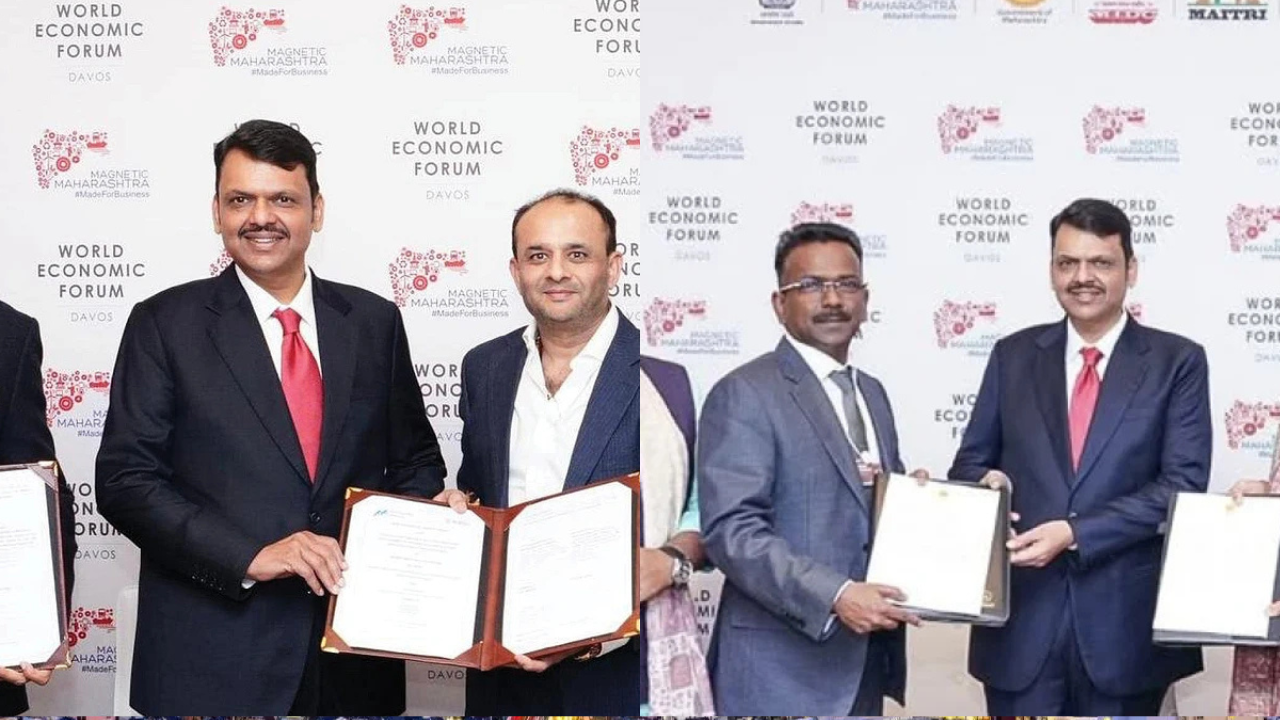Climate Smart Agriculture (CSA) is imperative for India as the nation faces escalating challenges posed by climate change. Agriculture, a backbone of the Indian economy, is intricately tied to the country’s climate patterns. The intensification of extreme weather events, shifting rainfall patterns, and rising temperatures make it essential for India to embrace climate-smart practices to ensure food security, livelihood sustainability, and environmental resilience.
India is highly vulnerable to climate change impacts, with a diverse agro-climatic profile ranging from arid to tropical regions. Changing monsoon patterns have disrupted traditional agricultural calendars, leading to uncertain planting and harvesting seasons. The increased frequency of extreme weather events, such as floods, droughts, and cyclones, further exacerbates the vulnerability of the agricultural sector. To address these challenges, the adoption of a Climate Smart Agriculture system becomes imperative.
One of the key components of CSA is the development and deployment of climate-resilient crop varieties. Traditional crops are often susceptible to temperature extremes, water scarcity, and pests. By investing in the research and cultivation of climate-resilient varieties, India can safeguard its agricultural productivity. Drought-tolerant crops, for example, can withstand water scarcity, ensuring yields even in the face of irregular rainfall patterns.
Water scarcity is a pressing concern in many parts of India, and CSA offers solutions for efficient water management. Precision agriculture techniques, such as drip irrigation and soil moisture monitoring, help optimize water use. Implementing water harvesting and storage systems can also mitigate the impact of erratic rainfall, ensuring that water is available for crops during dry periods. These practices not only enhance resilience but also contribute to sustainable water use in agriculture.
Another vital aspect of CSA is the promotion of sustainable soil management practices. Degraded soil health is a significant challenge, affecting crop productivity. Implementing techniques like agroforestry, cover cropping, and organic farming can improve soil fertility, water retention, and overall resilience. Healthy soils act as a carbon sink, mitigating the impact of climate change by sequestering carbon dioxide from the atmosphere.
The use of technology plays a pivotal role in climate-smart agriculture. Remote sensing, satellite imagery, and data analytics can provide real-time information on weather patterns, soil health, and crop conditions. Farmers can make informed decisions based on this data, optimizing their agricultural practices. Mobile applications can disseminate weather forecasts, market information, and best agricultural practices, empowering farmers with knowledge and resources.
Integrated pest management is another critical element of CSA. Changing climate conditions often lead to the proliferation of pests and diseases. By adopting ecological approaches, such as natural predators and resistant crop varieties, farmers can reduce reliance on chemical pesticides, minimizing environmental impact and protecting biodiversity.
CSA is not only about adaptation but also about mitigating the contribution of agriculture to climate change. Livestock, a significant component of Indian agriculture, contributes to greenhouse gas emissions. Implementing practices like improved animal husbandry, efficient feed management, and methane reduction strategies can contribute to a more sustainable and climate-friendly agricultural sector.
Climate-smart practices need to be complemented by supportive policies and financial mechanisms. Governments and international agencies can play a crucial role in incentivizing and supporting farmers to adopt CSA. Subsidies, insurance schemes, and capacity-building programs can encourage the widespread adoption of climate-smart technologies and practices.
In conclusion, the need for Climate Smart Agriculture in India is urgent and multifaceted. It is not merely a response to climate change but a strategic approach to ensure the long-term sustainability of agriculture. By embracing climate-smart practices, India can enhance the resilience of its farmers, ensure food security, and contribute to global efforts in mitigating climate change. The synergy of technological innovation, sustainable practices, and supportive policies is essential to usher in a new era of climate-resilient agriculture in India.
For more information visit at https://happenrecently.com/zepto/?amp=1







